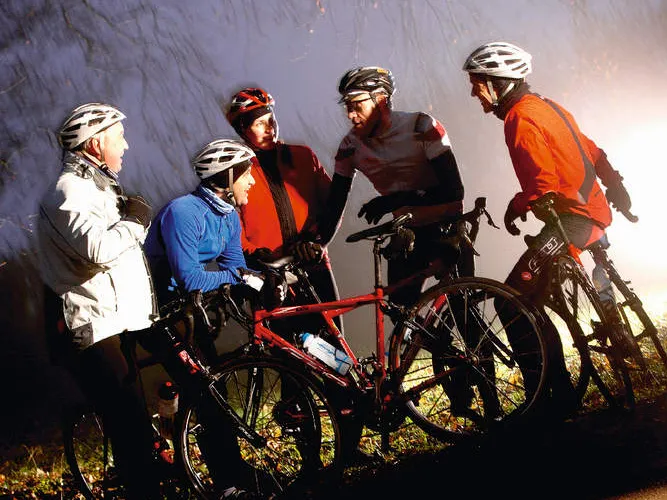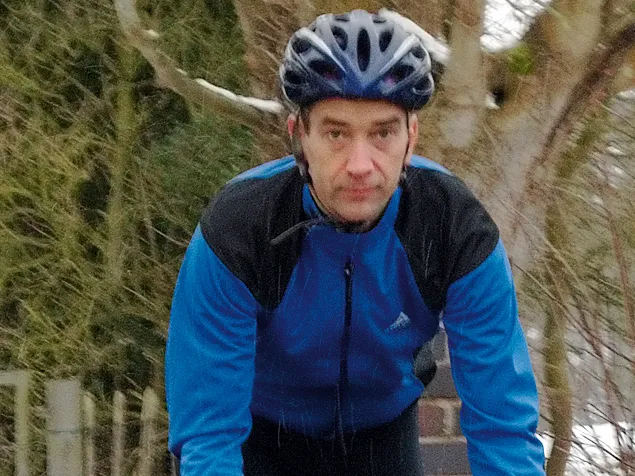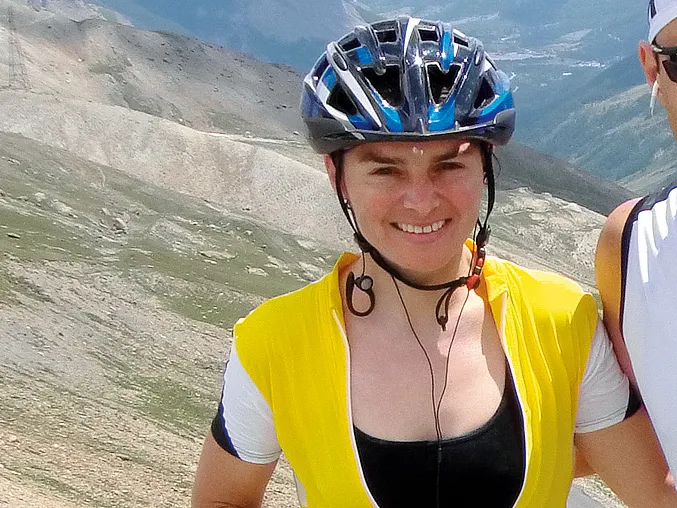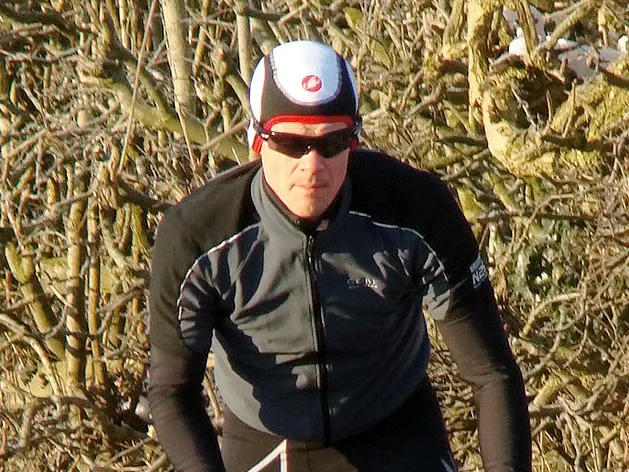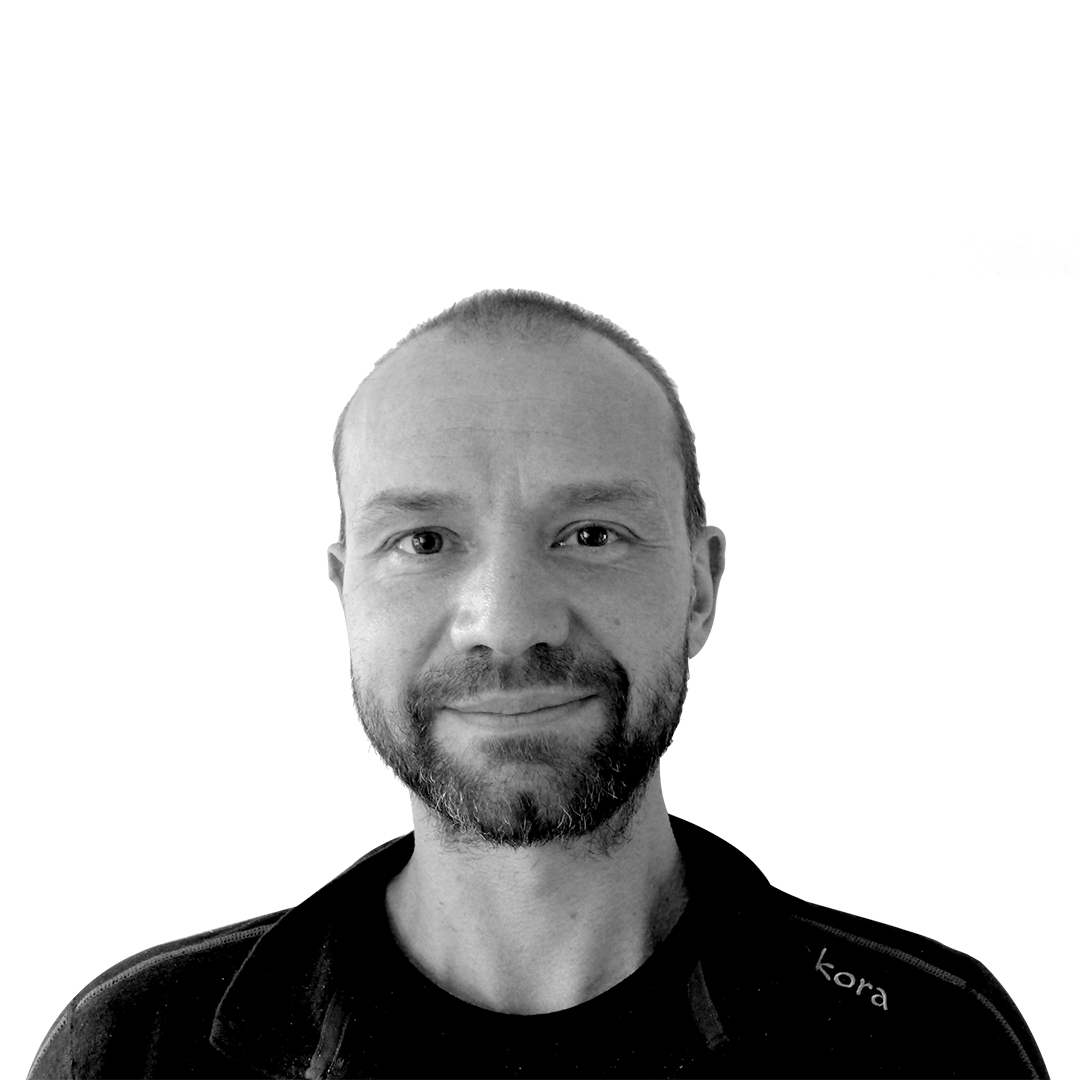Cycling coaches aren’t just the preserve of professionals, says Nik Cook. In fact, they’re even more useful for time-pushed ambitious amateurs.
Whether you’re aiming to ride one of the big sportives/gran fondos or just want to take your riding to the next level, then hiring a coach is the single best thing you can do to help you achieve your goal. It’s surprisingly good value too. Six months of coaching will cost you less than half the price of a decent wheelset upgrade.
Mr Motivator
There’s nothing more motivating than having someone looking over your shoulder – especially if you’re paying them your hard earned money to do it. Having a coach will get you from bed to shed on those cold winter mornings. This riding big brother will also help with your training discipline, as it’s much easier to stick to heart rate and power zones if you know there’s a reason, and that you’ll get a ticking off if you stray.
According to coach Ruth Eyles: “Most of us want reassurance that what we're doing is going to make a difference to our fitness and once we have that confidence our motivation grows.”
Finding the time to train is easy for a pro rider – it’s all they do. But for the rest of us, work and family can make training a real challenge. A coach will mould and adapt your training to your life and make sure the precious training time you’ve got is as productive as possible. What’s more, they’ll make sure that training is structured, progressive and focused on your end goal. It’ll also mean you’ll have someone to help you avoid the pitfalls of overtraining and modulate your training to how you’re feeling.
Coach Dave Lloyd was a no-nonsense pro in the 1970s but he says the mentoring role is vital. “It’s easy when all is plain sailing," he says. "It’s when things start to go wrong that good mentoring and motivational coaching comes into its own.”
Familiar failings
True to form, Lloyd is also quick to point out that a coach still has to be tough and help the rider face up to and focus on their weaknesses. It’s all too easy for the self-coached to only concentrate on what they’re good at rather than what needs improving. Working on your failings can be hard and not much fun but with a coach making sure you do it you’ll become a stronger and more rounded rider. “I make this the most important thing in the winter months and try to make the weakness workouts as enjoyable as possible for each rider,” says Lloyd.
Training based on a generic programme in a book or magazine is a good start but for obvious reasons it won’t be personal to you, your goals, your physiology or your constraints. “Not one of my athletes is the same,” says Lloyd. “They all have completely different personalities. Some need pushing, some need cajoling, some need a kick up the backside and some need TLC. You can’t generalise.”
Case study 1: Phil Montgomery
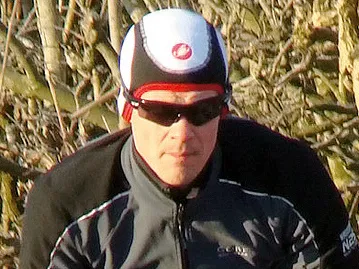
- Age: 32
- Goal: Originally La Marmotte but this has been reappraised
- Coach: Marc Laithwaite (www.theendurancecoach.com)
“My goal was to ride La Marmotte but after a fitness test Marc discovered that physiologically I wasn’t best suited to this type of event and asked if I’d ever considered racing crits. 'No,’ I said, ‘but I’d love to have a go.’ Over the winter I noticed how much fitter I was getting and by April I felt like I was flying.
"I was extremely nervous at my first crit but I amazed myself by not only finishing and staying with the main bunch when others around me were struggling but actually feeling like I was fit enough and fast enough to play a part in the race. Marc offers feedback after each race and it really helps having someone to report back to with your highs and lows.”
Case study 2: Nicola Sullivan
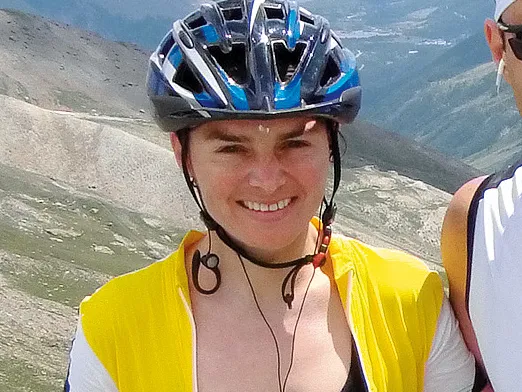
- Age: 37
- Goal: La Marmotte
- Coach: Dave Lloyd (www.davelloydcoaching.com)
“My main sport is running but in 2008 I had a woeful year and decided to take a year off. Friends suggested I enter La Marmotte. I finally decided to go for it but when I went up to Liverpool to see David it was only two months until the race. I’m sure he thought I was nuts, especially when I told him I hadn’t done any serious cycling in my life.
"We agreed I'd do the prescribed training for the next six weeks and then I'd go back to Liverpool and he'd take me out for a ride to see if he thought I could complete La Marmotte. The result was he thought I could and I rode it in 10hr 42min. If it wasn’t for David’s advice and training schedules I'd have been beaten after the first climb.”
Case study 3: James Harrison
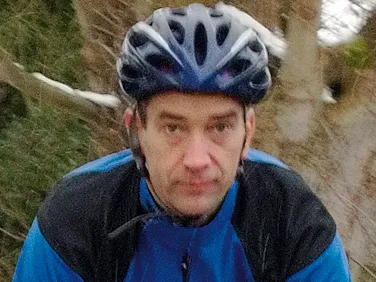
- Age: 47
- Goal: Etape du Tour
- Coach: John Capelin (www.sports-coaching.com)
“A key area for the Etape was confidence building. I got lots of hints and tips based on John’s experience of having done the event and, most importantly, having done a recce of the route. Committing to a coach means I don’t skip sessions unless absolutely forced to and I ride in much worse weather than if it was just me making the decision about when to train.
"I finished in Silver time and even had plenty in reserve for Alpe d’Huez. To have someone who has all the knowledge and experience you need means you can be sure you’re achieving the best you can in the time you have. It’s not expensive – if you’re paying a few thousand for a bike then a bit each month on a coach just makes sense.”
How coaching works
Initial consultation: During this first meeting you’ll discuss your goals and ambitions. You’ll also inform the coach about any injuries/illnesses and training history, and let him know how much time you can devote to training.
Testing: As well as testing height, weight and body composition, most coaches will perform physiological testing. This determines fitness level and essential heart rate and power zones. Many coaches will also examine your positioning on the bike.
Programming: From the information gathered during the consultation and the testing, the coach will construct your training programme, working in distinct blocks and building towards your main objective. If they feel your chosen goal is unrealistic or unsuited to you, a good coach will tell you this and suggest alternatives.
Contact, re-testing and evaluation: Look for a coach who offers at least weekly contact. Ongoing contact to discuss concerns or problems sticking to the programme is vital and is what makes coaching worthwhile.
The cost: This varies massively. In the UK you can expect to pay anywhere between £30 per month for a very basic package with minimal contact right up to £120 for unlimited 24/7 support. You’ll often have to pay a one-off fee for the initial consultation, testing and setup.
Finding a coach: In the UK, the Association of British Cycling Coaches and British Cycling are the best starting points. Qualifications from either or both of these bodies are also what you should look for in a coach.
